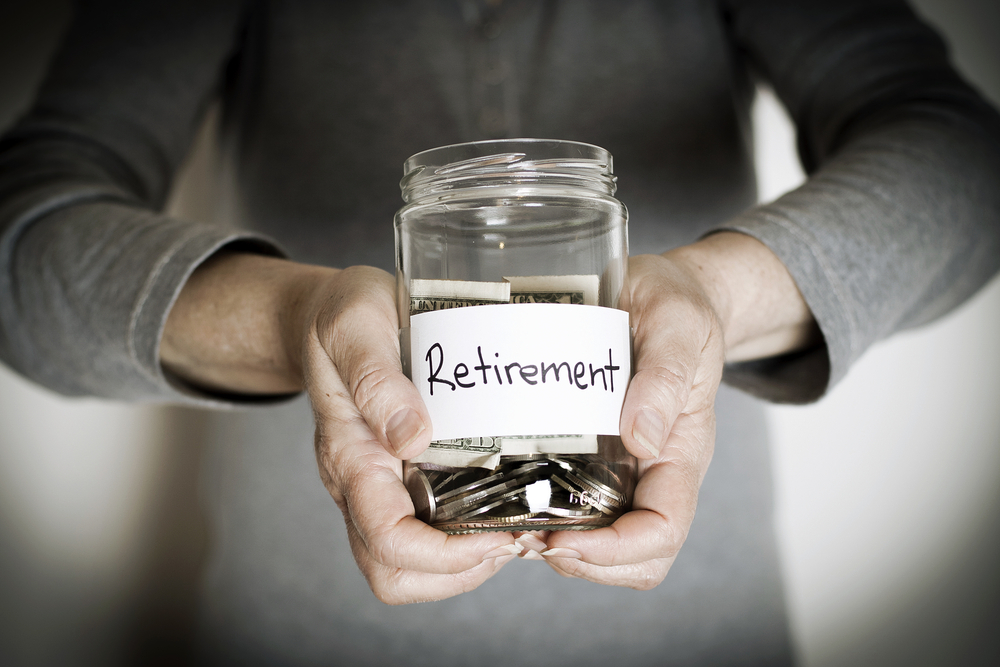News
One in three facing hardship in retirement

A third of Brits could be forced to live in poverty when they retire, with women and the disabled the worst affected, according to a report by Scottish Widows.
The insurer’s 19th annual Retirement Report includes a ‘National Retirement Forecast’ (NRF) which aims to establish a picture of the UK’s future retirement landscape.
The forecast uses the Pension and Lifetime Savings Association’s (PLSA) ‘retirement living standards’ levels to calculate the quality of lifestyle that people are set to achieve when they stop working.
It compares the retirement lifestyles within reach for different ages, ethnicities, genders and employment statuses, as well examining underrepresented groups such as disabled people and the LGBTQ+ community.
In forecasting savers’ anticipated lifestyles, the NRF recognises that factors other than pensions play a role in the income people will rely on in retirement.
Will you still be paying rent in retirement?
The report found that certain groups – such as renters and young people – are disproportionately facing hardship in retirement.
Almost half (43%) of the people predicted to struggle in retirement expect to be still paying rent. Rental costs amount to 60% to 70% of renters’ retirement income in several parts of the country, but this figure rise to 130% in London.
Scottish Widows found that four in 10 (41%) of people currently in their 20s are heading for hardship in retirement, with an average retirement income of £10,000 among this group.
However, 43% of millennials are on track for a comfortable lifestyle, reflecting strong savings behaviours and the benefits of automatic enrolment.
Are the self-employed saving enough?
On average, women will receive a third less income in retirement than men (£19,000 vs £12,000).
Scottish Widows said that women, ethnic minorities and disabled people are disproportionately represented in lower paid and part-time jobs in which it is more difficult to accrue a sufficient pension pot.
Meanwhile, self-employed people generally lack formal incentives to save adequately compared to full-time employees.
The average full-time employee is on track to receive £27,000 a year in pension income – nearly three times what the average part-time employee and the average self-employed person are on track for (£11,000 and £10,000 respectively).
The disability pension gap
The study also found a particularly concerning outlook for disabled people, more than half (51%) of whom are set to face poverty in retirement.
The average disabled person will need to manage on £11,000 per year in retirement – just 61% of the income predicted for non-disabled people.
Louise Rubin, head of policy and campaigns at Scope, said: “Life costs a lot more when you’re disabled, and planning for retirement is a luxury many cannot afford. Many disabled people are denied the opportunity to get into, stay in, and progress in work, making it much harder to build up a pension.
“We need to break the link between poverty and disability and make sure disabled people have an equal standard of living. Tackling the disability employment gap and driving down the extra cost of disability must be made political priorities.”
‘A stark picture’
Pete Glancy, head of policy at Scottish Widows, said: “Our new National Retirement Forecast paints a stark picture – one in three (35%) of us are facing the harsh reality of a retirement where we will struggle to make ends meet.
“Last year’s Retirement Report highlighted the impacts of the pandemic, cost of living and wage stagnation. This year, the pressure seems to have intensified due to increasing inflation and interest rates continuing to climb.
“The solution needs to be threefold. We are calling on the Government to help end retirement poverty by implementing long-term reforms, such as ensuring that automatic enrolment can support those on lower incomes. Secondly, businesses need to do more to address the inequalities faced in the workplace by disadvantaged groups like women, disabled people and the LGBTQ+ community.
“Finally, the financial services industry must get better at effectively communicating with diverse groups to build trust and ensure that people of all incomes and demographics understand how to save effectively for retirement.”